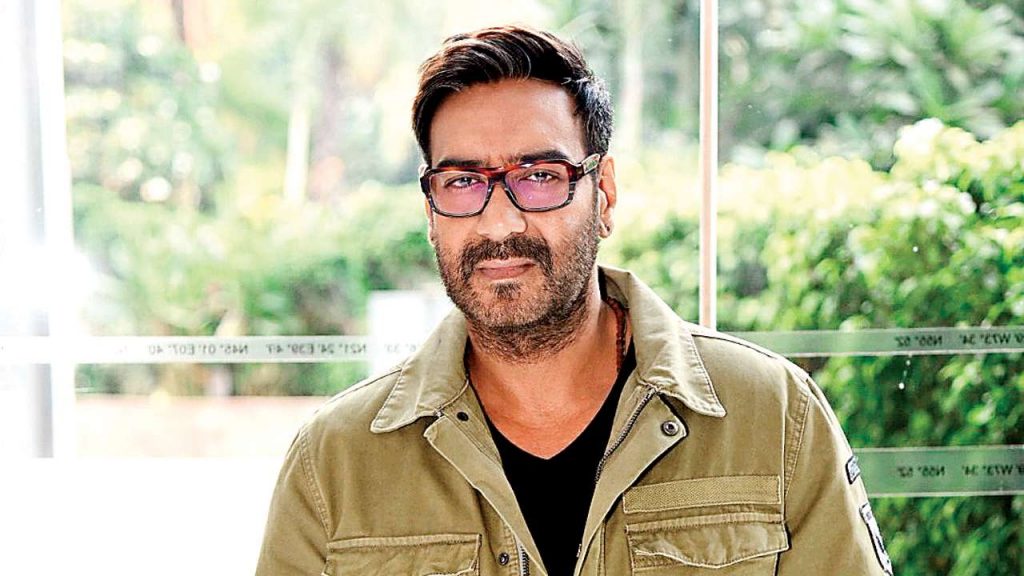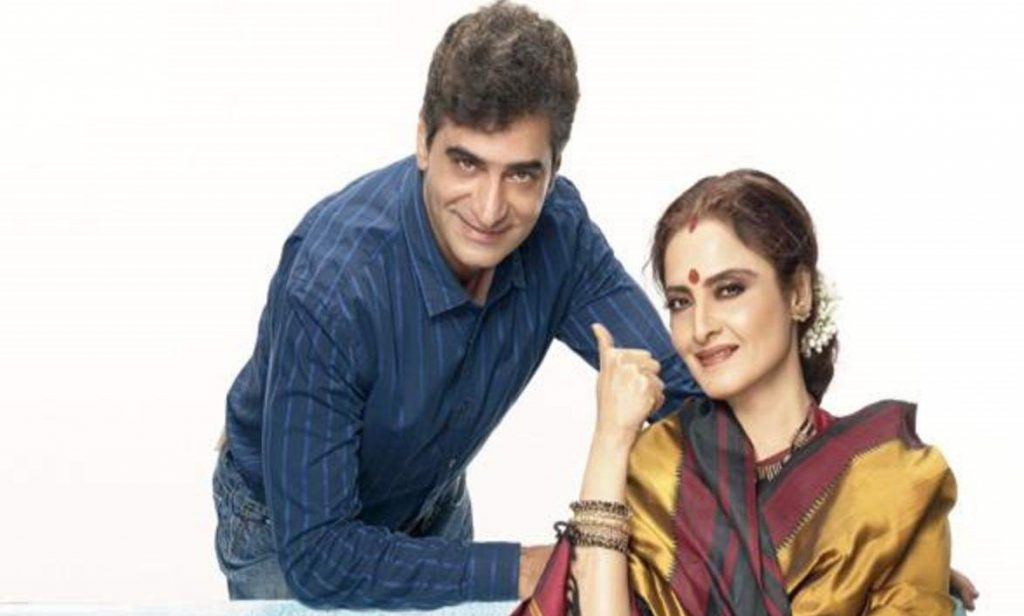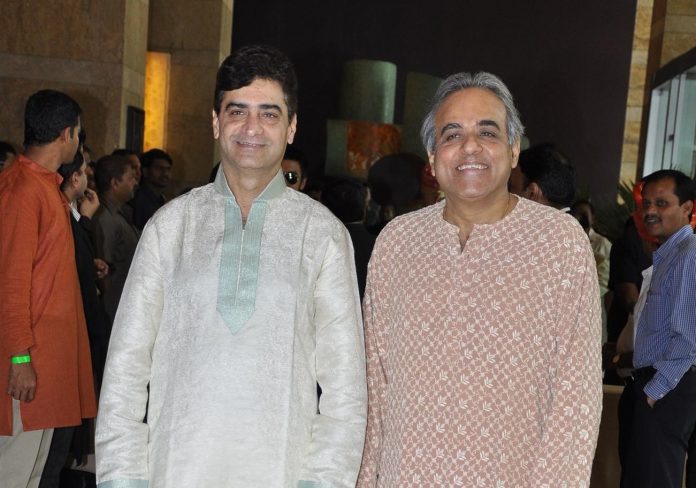Indra Kumar and Ashok Thakeria, the two producers of one of the big hits of this year, Total Dhamaal, are in serious financial trouble. And the trouble is threefold.
The two partners of Maruti International owe their bank around Rs. 15 crore since more than a couple of years, which they have not been able to repay despite the due date having gone by. Secondly, they have not deposited the tax they deducted at source for payments made, running into a couple of crore rupees. And lastly, they have still to clear the payments of the stars and technicians of their film.
Reportedly, the bank officials reached the homes and office of the two partners to put up notices about the default in payment of the loan amount and were contemplating sale of the office and the residences of the two partners. The considerate bank officers agreed to give them some more time after they were assured that the loan would be repaid soon. Thakeria and Kumar were also served notices by the income-tax department for default in depositing the TDS their company, Maruti International, owed the government. And the artistes who worked in their latest film are making the rounds of their office for their balance payments.
All of the above seems strange, considering that their film, Total Dhamaal, was very successful at the box-office. However, if one delves deep into the equally deep financial crisis, one realises that the reality is very different from what appears on the face of it.

Actually, when Ajay Devgan came on board the film, he decided to co-produce the film along with Maruti International and a couple of other producers. He took over the entire project from Maruti at, say, an ‘x’ price. Devgan then brought Fox Star Studios on board by selling it the distribution rights at ‘y’ price which was greater than ‘x’. Obviously, the difference between ‘y’ and ‘x’ was going to be Ajay Devgan’s profit as Maruti had sold the film to him lock, stock and barrel, presumably after adding its profit to the total expected cost of production. However, as the film progressed, it became over-budget by around Rs. 8-10 crore. Like a true friend in need, Ajay stood by Maruti and invested the extra money just so that Indra Kumar, who was also the film’s director, could make the film without any compromises. After the shooting, a lot of money had to be spent on the computer graphics as there were scenes with animals and humans together. Ajay took over the responsibility of getting the computer graphics done at his own post-production studio so that there would not have to be any immediate cash outflow.
When the film released and did very well at the box-office, there was happiness and excitement all around among the producers and the corporate house associated with the film, as also, of course, among the stars and technicians who had worked in/on the film. But out of the profits made, nothing came to Maruti as it had already sold the rights to Devgan. And since the film had gone over-budget, the additional investment, although made by Ajay Devgan at the time of the film’s making, had to be borne by Maruti along with the other producers of the film. Maruti’s share of the excess budget must’ve almost wiped off its share of profit, and since it was not going to get anything more from the profits accrued, it could hardly partake in the monetary gains that followed the film’s success.
Since the bank loan, taken a couple of years back, still remained unpaid, the two partners of Maruti International found themselves unable to return the loan money to the bank. They had estimated that the profits which would accrue to them from Total Dhamaal would go towards repayment of the bank loan. Not just that, the firm also found it difficult to clear the last (in some cases, the last two) instalments of the stars and technicians of the film. And since Maruti had a cash crunch, it also defaulted in the deposit of the TDS amount with the income-tax department.

It may sound strange for the world to believe that the production house which has such blockbusters as Dil, Raja and Beta to its credit should land itself in such a financial mess. But the same banner which delivered such mega hits failed miserably in films like Super Nani and Great Grand Masti, the huge losses of which continue to haunt the two producers.




























